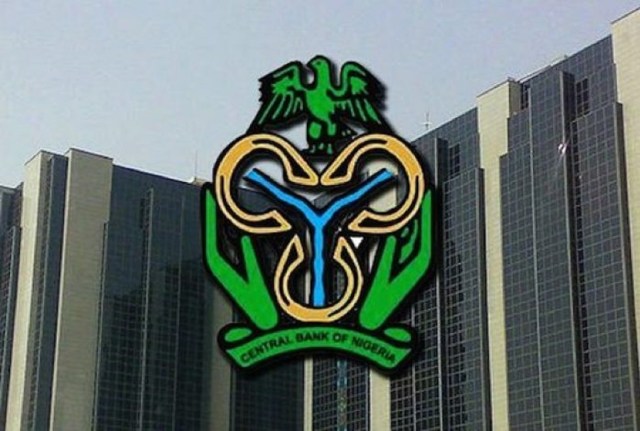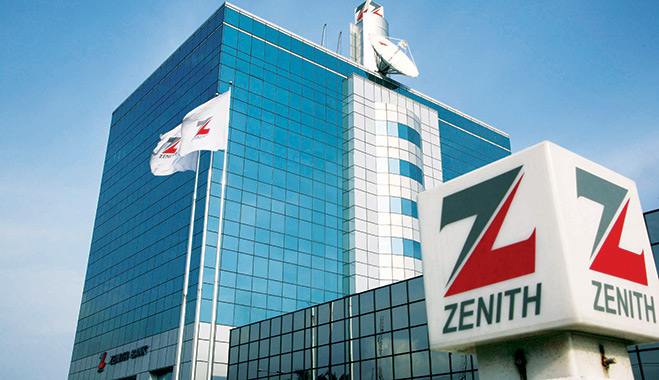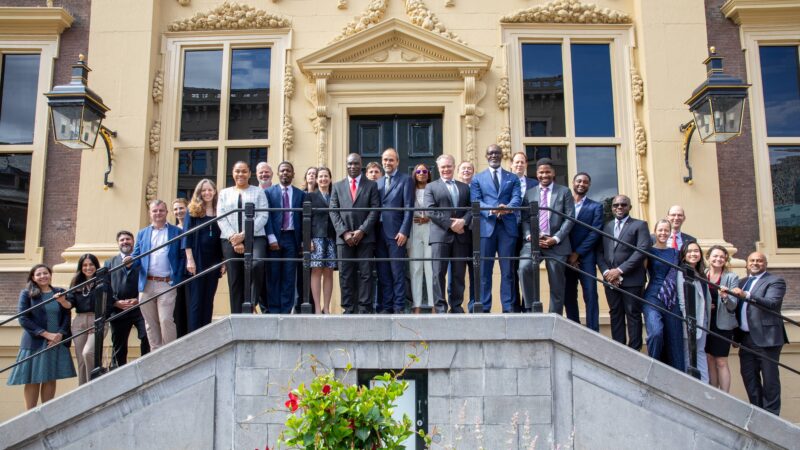CBN to Adopt Recycling Instead of Burning Banknotes


There are indications that the Central Bank of Nigeria (CBN) may adopt recycling of old and defaced banknotes instead of burning.
The apex bank in a document published on its website called on recycling companies to submit proposals for a contract to recycle wasted banknotes.
“Section 18(d) of the CBN act 2007 authorises the apex bank to arrange for the destruction of currency notes and coins withdrawn from circulation under the provision of section 20(3) of the said act or otherwise found by the bank to be unfit for use,” the call for proposal read.
“The CBN generates 100 tons of paper banknote wastes on a weekly basis in 12 disposable centres across the country.
“The wasted banknotes are destroyed through open-air burning in sites owned by the bank or rented from state governments.”
In the document, the CBN management said the process of burning the banknotes is causing harm to the environment.
It said recycling has been identified as a better alternative; beneficial to both the environment and the economy.
“In this mode, the banknote wastes would be recycled by converting the wastes into useful products,” it explained.
“Central Bank of Nigeria is seeking proposals from accredited recycling companies interested in utilizing paper banknote wastes in its recycling process. The purpose of this request for proposal (RFP) is to solicit competitive proposals from reputable companies that can recycle CBN paper banknote wastes into useable products that can be beneficial to the nation while adhering to health safety and environment (HSE) standards.”
The deadline for submission of proposals is March 11, 2020.
Meanwhile the CBN said on Tuesday it had injected $210 million into the interbank foreign exchange market, extending efforts to boost liquidity and alleviate dollar shortages.
Dollar inflows have dwindled as weak sentiment has been worsened by fears that the coronavirus outbreak in China will hit demand in one of Nigeria’s major trading partners, traders said.
The central bank said in a statement that it had released $100 million for the wholesale currency market, $55 million for small businesses and individuals, and $55 million for certain dollar expenses such as school fees and medical bills.







